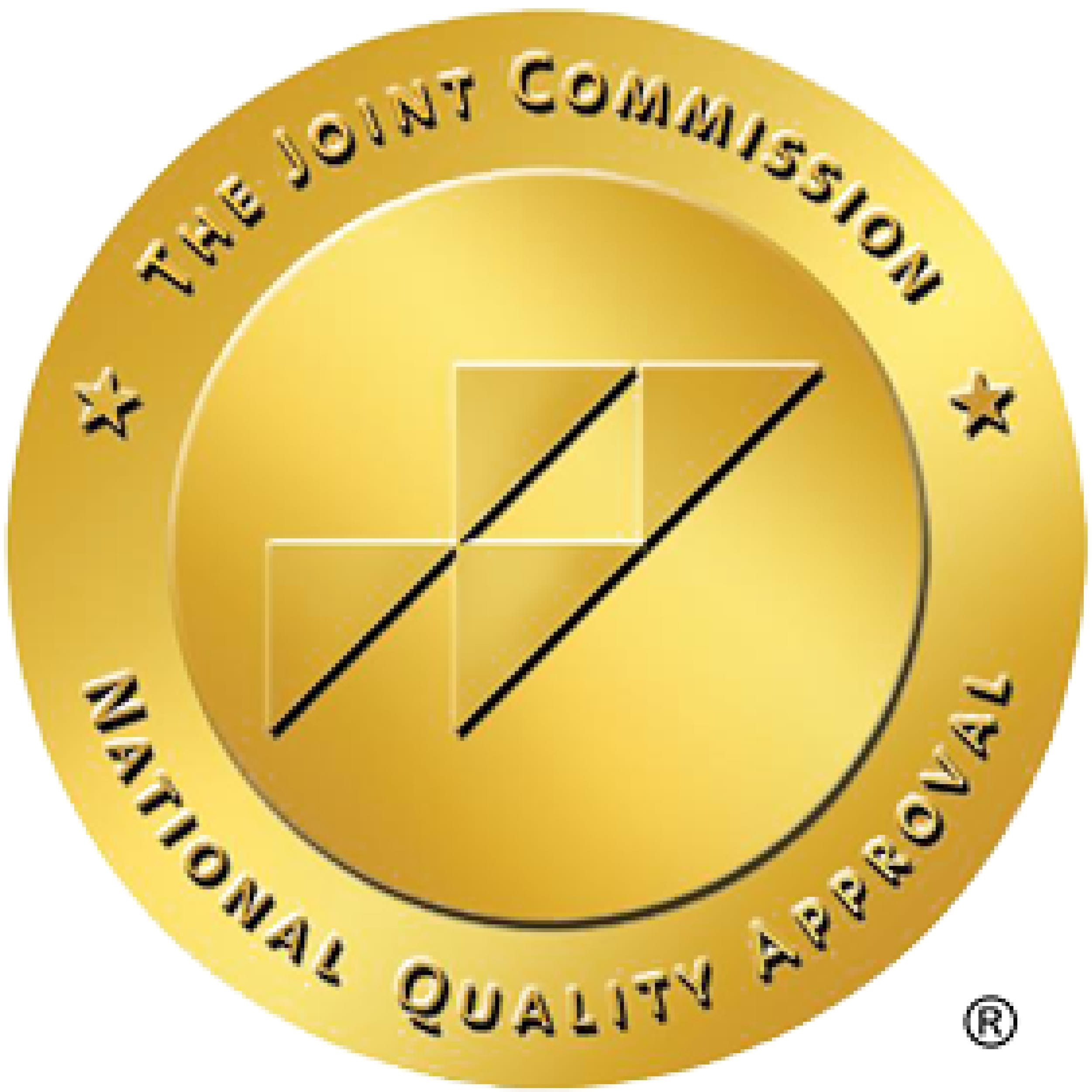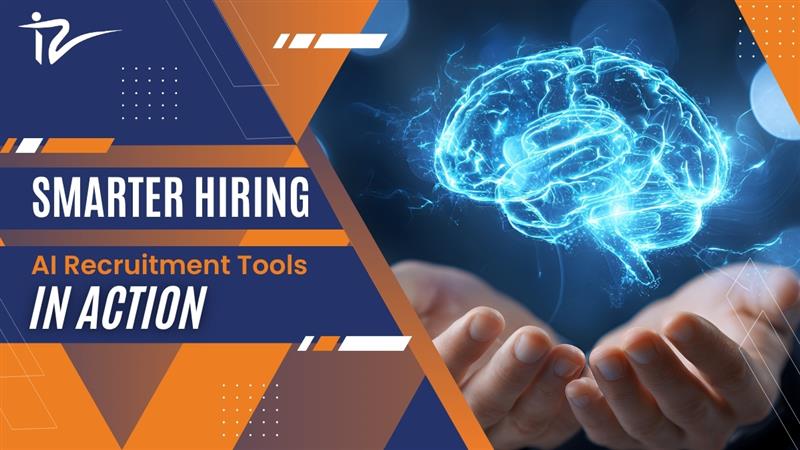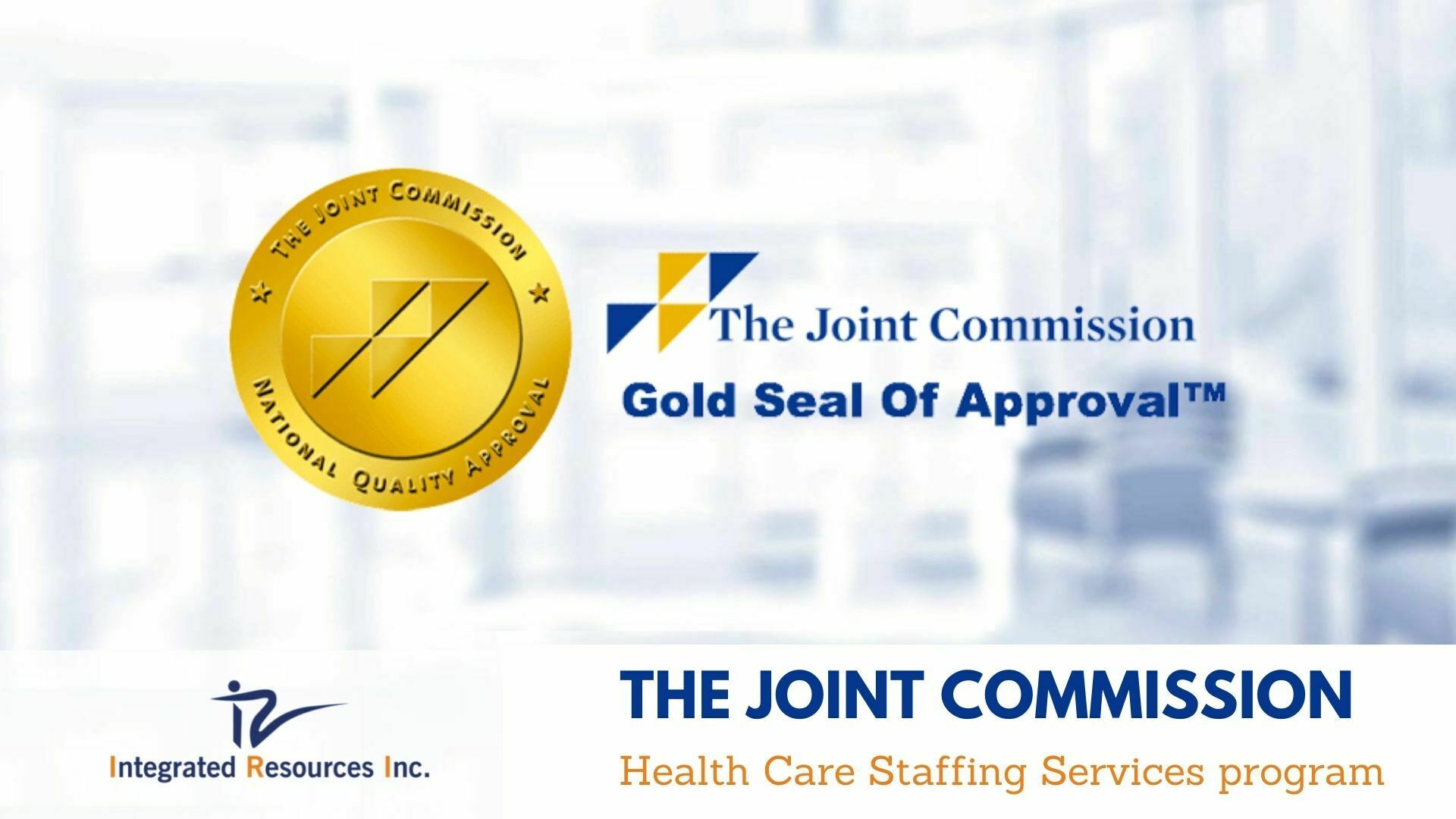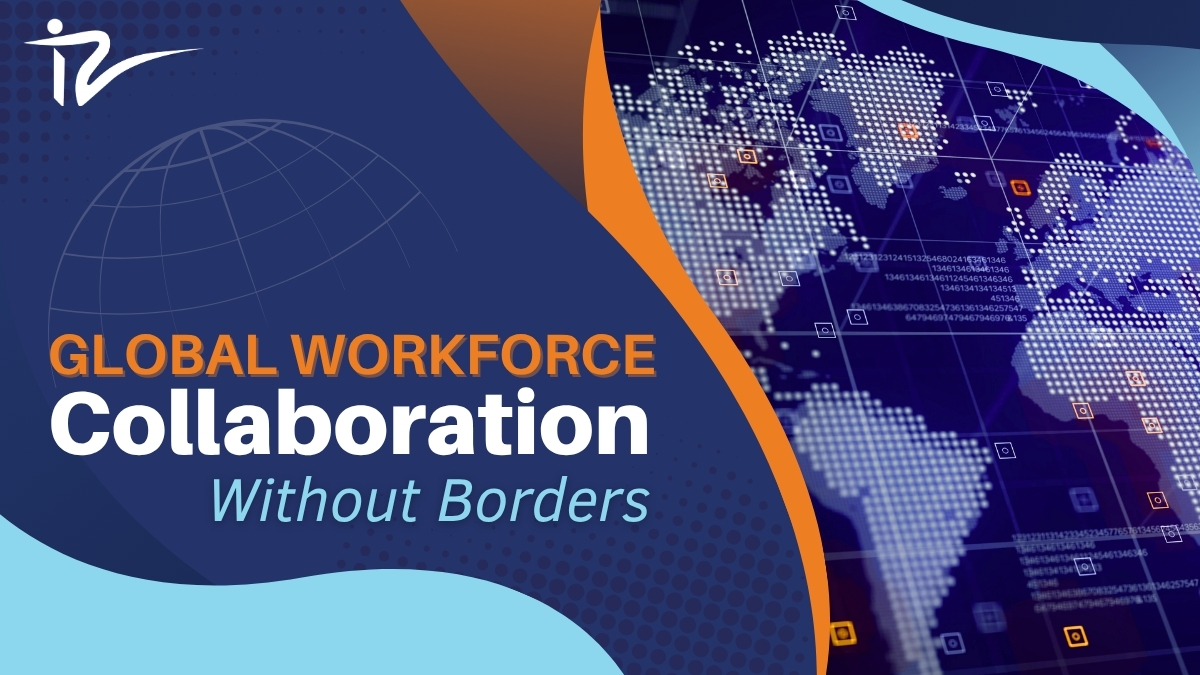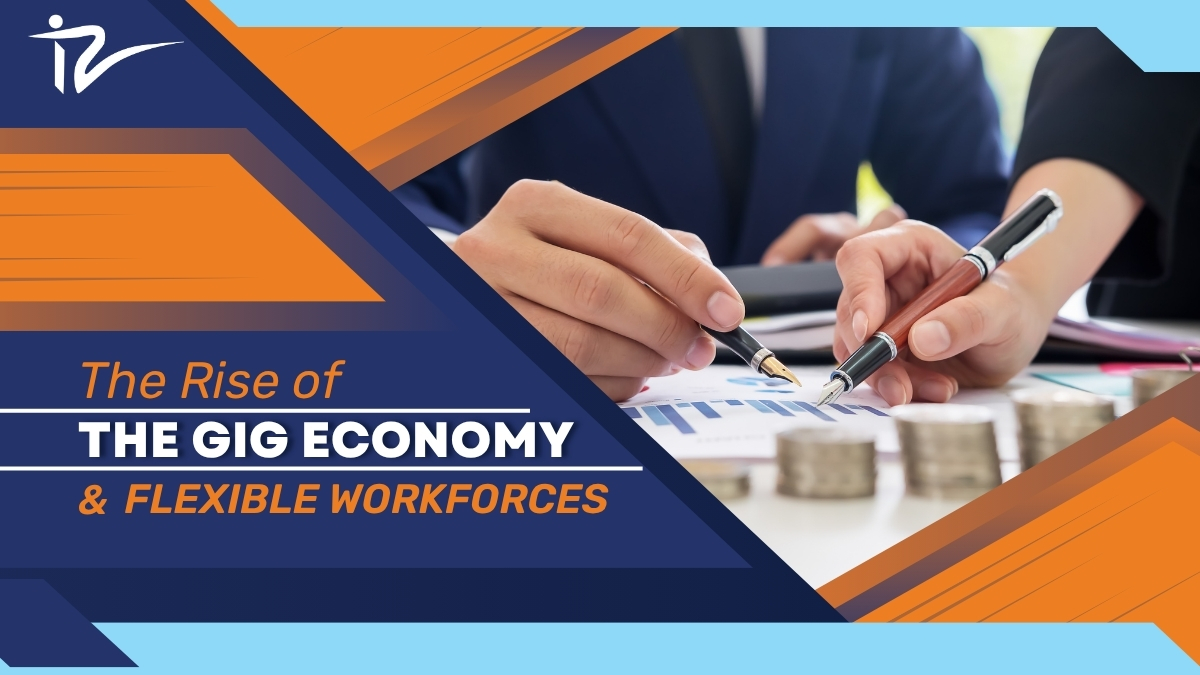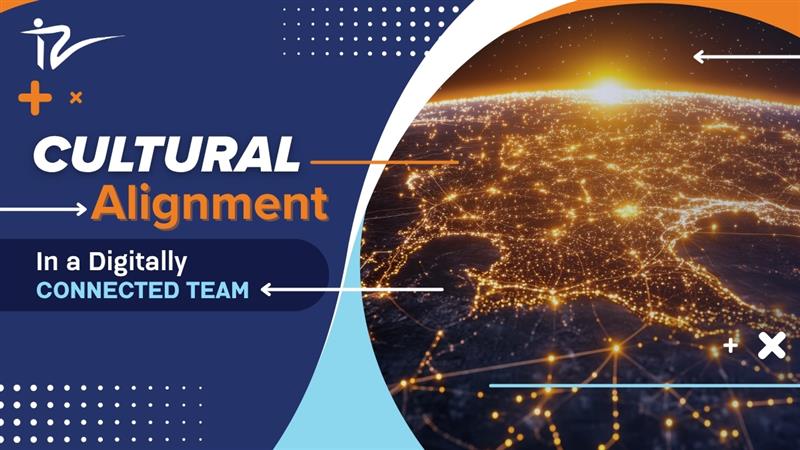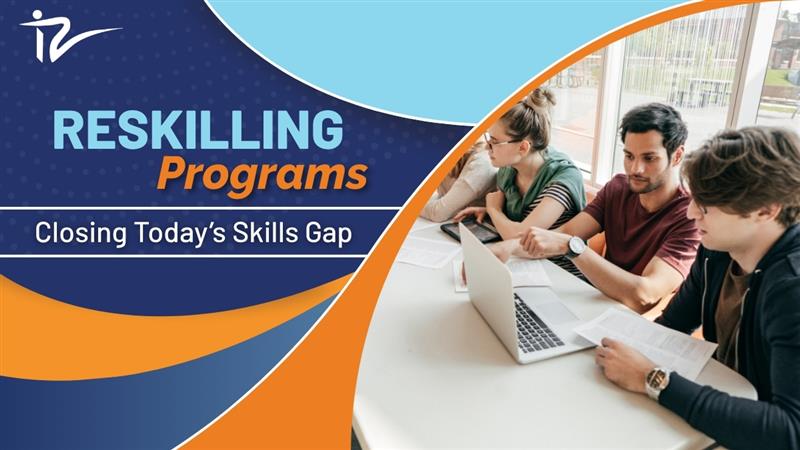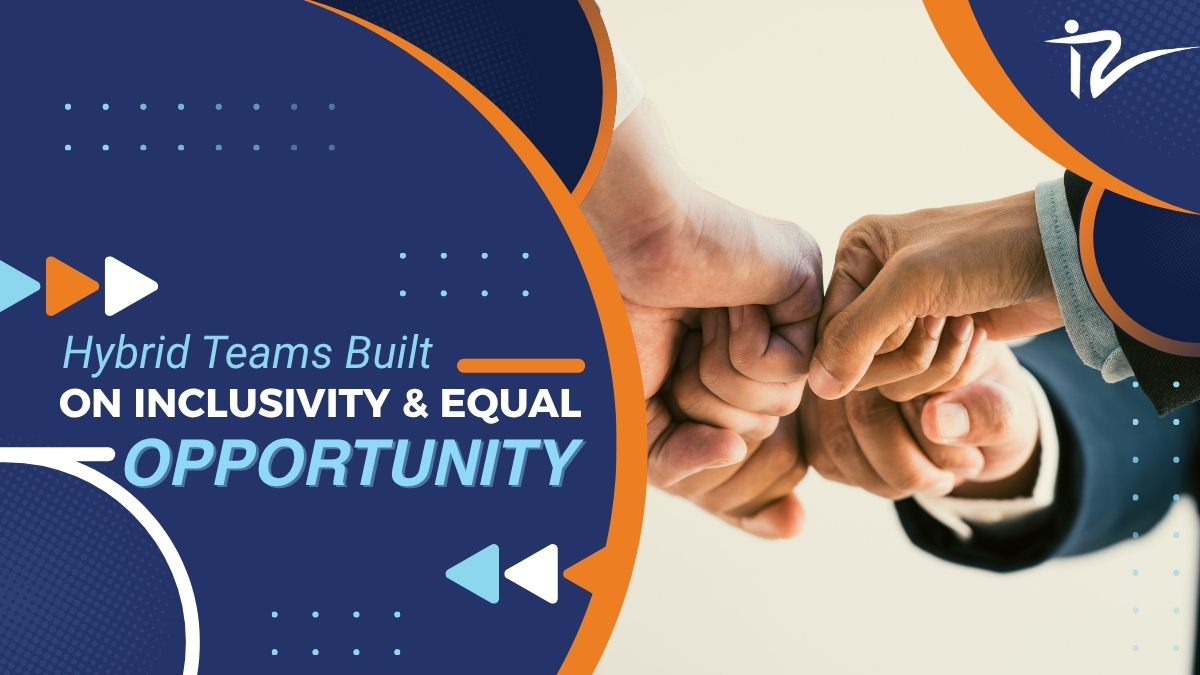Table of contents ▸
The time has come when recruiters have ceased to rebuild their actualized selection power force for the isolation of the search and determination process. In 2025, companies are proving to be distinct in their approach to attracting, evaluating, and hiring candidates through AI recruitment, offering automation and precision unmatched by traditional methods. AI, for staffing firms and organizations planning to hire, provides an opportunity for process streamlining, bias reduction, and increased complexity in choosing candidates who fit more closely with the job requirements.
Emergence of AI Recruitment
Faster and more efficient hiring has been pushing many companies to adopt an AI recruitment strategy. Traditional ways were making candidates go through long resume screenings, several rounds of interviews, a lot of resources, and much time. Automation has now allowed many of those recurring jobs to be handled by AI tools.
An example of an AI-powered system, capable of analysing thousands of resumes in seconds and short-listing candidates who most closely match the pre-set job specifications, is the automated short-listing process. Employers now have quicker access to a list of potential talent without the long manual process of shortlisting qualified candidates. Overall, this method can still be very effective in shortening recruitment time and ultimately provides clients a quicker outcome from staffing agencies when they need quality staffing solutions delivered quickly.
How AI Tools Are Transforming Recruitment
An AI-based recruitment system is not limited to matching keywords, as it also utilizes natural language processing, abbreviated to (NLP) to interpret resumes by recalling the context of the provided document, while also assessing if the candidate’s skills meet the job description. There are now predictive and analytical tools that leverage past data, considering previous candidates and performance measures, and can accurately forecast the candidates’ find of success in a particular position.
Another kind of breakthrough is a video interview assessment. AI can analyze voice patterns, facial expressions, and tone to understand personality traits, communication skills, and cultural fits from the candidate, allowing the staffing agency to present the client with candidates who fulfill not only technical requirements but are also worthy cultural fits with the company.
Reducing Bias and Promoting Fair Hiring Practices
The serious long-time problem that has Orthodox practitioners has always been unconscious bias. In this, the whole traditional recruitment process, which operates with good intentions, tends to discriminate in unhealthy ways against chosen demographic classes. AI recruitment tools are meant to minimize this bias and constitute one such measure by unifying the evaluation criteria and focusing exclusively on skills, qualifications, and potential.
AI and Unbiased Candidate Matching
Such platforms remove human subjectivity by using algorithms based on objective and measurable factors. The candidates are hence fairly evaluated regardless of their background, gender, or ethnicity. AI evaluates on the basis of just relevant skills and experience to ensure that each applicant is on equal ground. Nova Staffing thinks there are several benefits of AI tools for companies that want to remove bias in their selection process and to effectively match candidates with outstanding accuracy. The focus on diversity and inclusion enables companies to evaluate candidates in assessments that are better data-driven and much more detailed.
Improving Candidate Experience
While benefiting employers, AI recruitment is also enhancing the candidate journey, which is especially important since candidates often get annoyed by long response times or a lack of communication during the hiring process. AI chatbots and virtual assistants allow for quick updates, answers, and even appointments to create a smoother and more transparent way for employees and employers to connect.
Automation allows the candidate to dictate the communication and surfaces opportunities to the candidate, based on their skills, experience, and aspirations. Target communication improves engagement and allows a candidate to feel involved in the application process.
Rapid Access to Opportunities
Using artificial intelligence, recruitment companies can connect candidates to the right opportunities based on their skill sets instantly. This allows for less time spent by candidates in finding roles as it maximizes chances of picking the right role due to the organizations being matched by their skill set. Talent acquisition facilitated by AI through such platforms as Staffing solutions brings the employer/job-seeker connection together, allowing for enhanced matching, leading to shared success.
The Future with Staffing Solutions of AI Recruitment
As more and more enterprises continue their digital transformation, we will see an increase in the automation of staffing processes. By 2025, we see the transition from reactive hiring to proactive acquisition of talent, in which AI helps companies forecast workforce demand and build talent pipelines ahead of time.
Predictive Analytics for Workforce Planning
Under computer computation, AI Recruitment systems will yield the forecast insight into trends such as employee turnover, future skill demands, and ever-changing industry requirements. Based on such insights, the staffing agencies can advise employers on the right course of action to stay competitive in a fast-changing market.
Given the prevalence of remote or hybrid work, recruitment is now global! AI connects companies with candidates across geographies and valleys. Sophisticated translation technologies accommodate cultural fit assessments, closing all those gaps and facilitating highly effective international hiring and staffing.
Integration with HR Systems
Integration of AI-driven staffing tools with Human Resource Management System (HRMS) is increasing. Companies should ensure their AI Recruitment tools are trained on a diverse sample size to avoid any unintended discrimination. The automated workflow analytics and that AI thing will substantiate rapidity and correctness throughout every step of the recruitment process.
Ethical Considerations in AI Recruitment
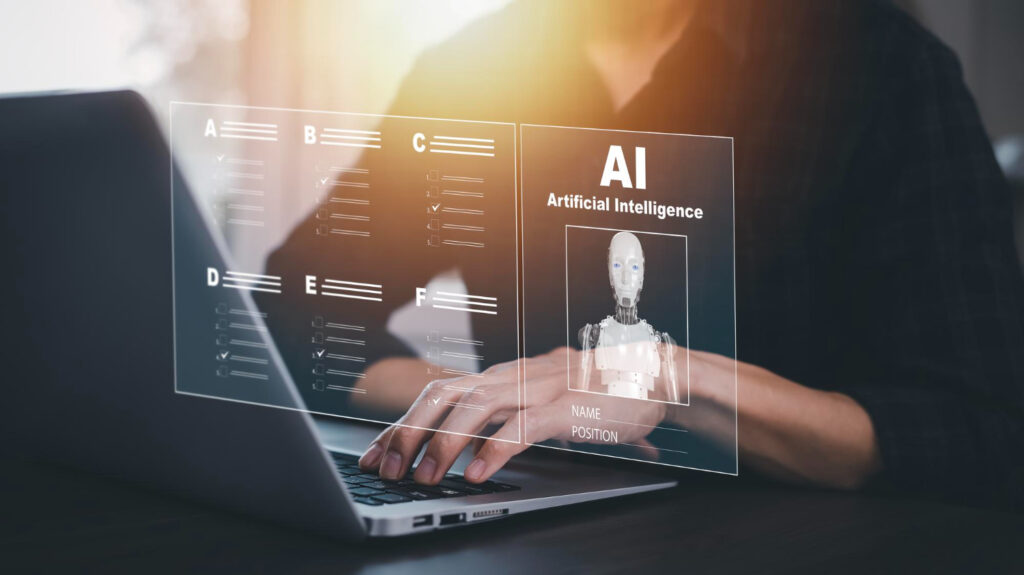
While undoubtedly offering many positives, AI recruitment also brings in some ethical problems that must be looked into by the organizations using it. Data privacy, algorithmic transparency, and accountable decisions from these algorithms will be essential to instill congruence between candidates and hiring parties.
Companies should always make sure their AI tools are trained on a sample size that is diverse in order to avoid any unintentional bias. Frequent audits coupled with some human review would ensure compliance and fairness to labour laws. Where efficiency meets morals, staffing firms can take a complete advantage of Artificial Intelligence and keep their hiring intentions honest.
Conclusion
By 2030, there needs to be a movement in how companies hire talent. The developments in processing times, unconscious bias, and candidate experience, coupled with strategic workforce planning initiatives afforded by Artificial Intelligence recruitment options, benefit all organizations. With more automation to come, recruitment companies that incorporate AI-driven technology in their delivery will end up being fair, trusted, and speedy provisioners.
AI can augment human intelligence so that recruitment is strategic, tailored for specific needs, and future-proofed. Those organisations that can navigate and ride this wave of change will be best placed to move ahead of their competitors in the workforce complexities of the future.
Follow us on Social Media: LinkedIn | Facebook | Twitter | Instagram | YouTube

